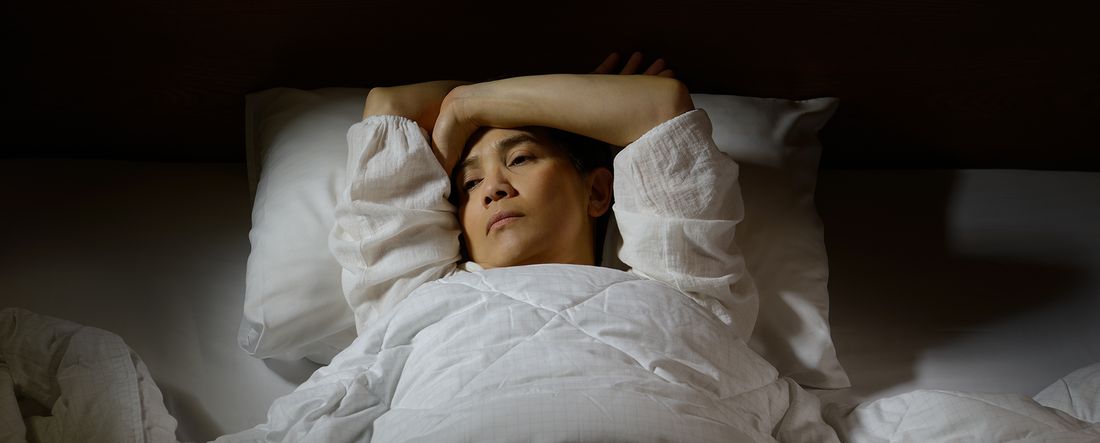Sleep is a constant topic of discussion. Every day you hear talk about feeling tired, needing more sleep, sleeping in, waking up early, staying up late, why you didn't sleep more, why you did, and the list goes on. Everyone reading this blog has almost certainly experienced sleep problems sometime very recently. This prevalence explains why we constantly ask how to sleep better. This post offers some helpful answers to that question. These 5 tips for better sleep will give you tools to help you learn how to sleep better faster. Furthermore, with this list you'll learn more about how to sleep better at night naturally, without the assistance of pills. You know you could use some more/better sleep, so stick with us.
1. Make a Schedule
Of the many complaints about sleep "not sleeping enough," certainly ranks highest. You likely don't get the 7-8.5 hours your body needs every night. When you don't get enough sleep, the rest of your day suffers, and you even struggle worse getting to sleep the next night. Setting a firm schedule for your sleep can fix this issue. Making a bedtime and morning time routine and sleeping and waking at the same time every day provides consistency. you might not get a "full" night's sleep every night, but you will far more frequently. Forming such habits is essential to changing your life. Sleep is 30% of your life, and if that 30% is always insufficient and unsatisfactory, the rest of your life won't likely live up to the standard.
2. Adjust Your Diet
You are what you eat, the saying goes. Well, it turns out, you sleep how you eat as well! Your diet affects so many aspects of your life, it shouldn't be surprising that sleep is one of them. Eating a well-balanced, consistent diet at regular hours throughout the day helps improve your sleep schedule. The right balance of nutrients, combined with a well-planned schedule for meals leads to better health both mentally and physically. This health brings a holistic balance in the body that causes a more healthy and consistent production of chemicals and hormones. This consistency helps with the body's natural processes, like sleep.

3. Exercise
Just like diet, exercise not only affects body and mind, but sleep. One obvious benefit deals with the physical results of exercise. Sleep is a time of repairing and rest. If your body requires no repair, and needs not rest, then sleep won't come easy. Exercise breaks down muscles to build them up (which requires repair), and exhausts the body (which requires rest). Additionally, more consistent energy during the day actually leads to a healthier decrease in energy at night. Melatonin production will increase, and sleep will come easier and be more restful.
4. Avoid Technology at Night
Our sleep cycle is a delicate evolutionary inheritance. Back before electric technology (before candles or gas lamps even), the sun held complete control over our sleep cycle. When it rose, we woke. When it set, we slept. The blue light the sun emits caused this cycle, with its attendant release of melatonin, the sleep hormone. Fast forward to today. We have blue light emitted all around us, and particularly by our digital screens. Using those screens at night time confuses the sleep cycle. Blue light slows melatonin production, thus preventing the sleepy feelings that help us go to bed for the night. Avoiding the use of such blue light emitting devices as smartphones, televisions, laptops, and e-readers in the hours before sleep helps increase melatonin production, and encourage sleep.

5. Conscious Relaxation
Making an effort to relax your body when lying restlessly in bed brings great results. Start with your toes and think about relaxing them. Move on to your feet, then your legs, your torso, and so one, one small section at a time. Simply thinking of each part of your body, and letting them relax does a great job of not only relaxing your body but your mind. It's a sort of very simple and soothing meditation which can be applied anywhere, without any training. Give it a shot next time you struggle with sleep, and you'll be relaxed and snoozing in no time.
Sleep is precious. Taking the time to inform yourself about threats to your sleep, thus, can bring precious results. Find out more today about the dangers of blue light.





 UK site
UK site EU site
EU site US site
US site Canada site
Canada site